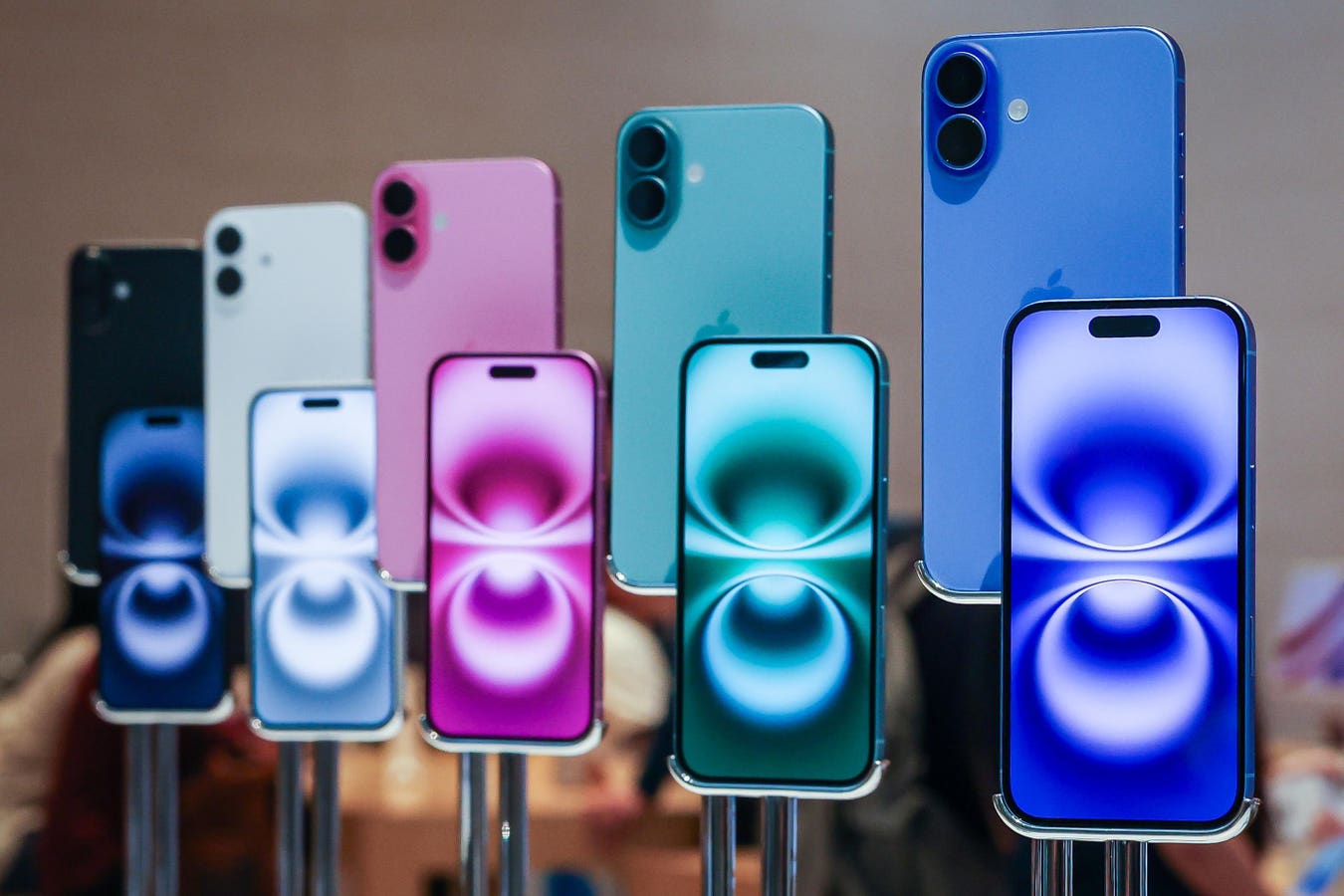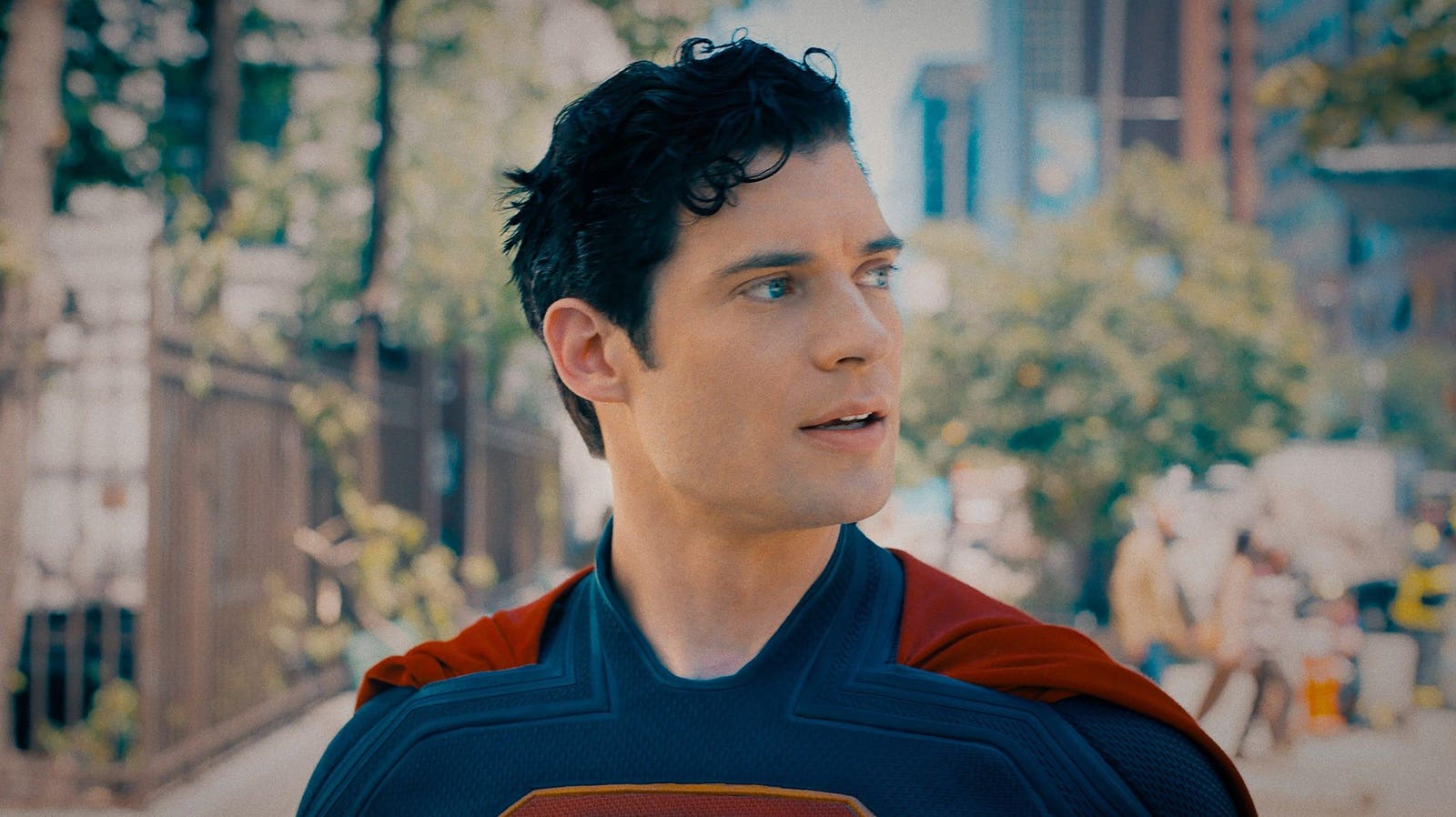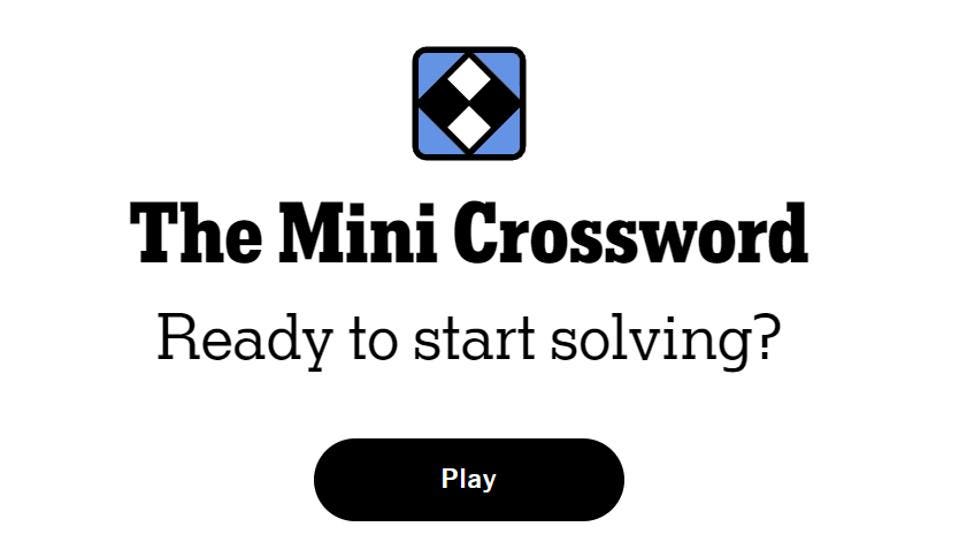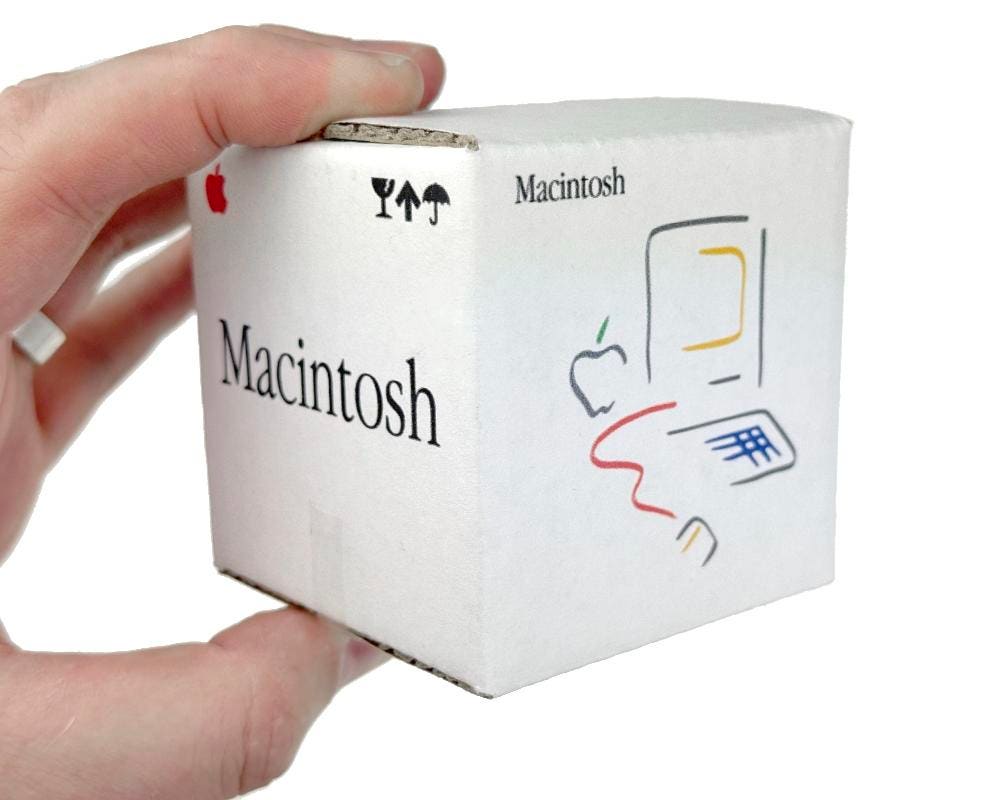PRODUCTION – 29 December 2022, Hessen, Frankfurt/Main: A stack of newly published books lies on a … More
In some ways, a lot of people see it as a zero-sum game – as computation and technical skills and STEM eclipsing those old disciplines of art, and culture, and language. There’s no doubt we’re in a new world where technicality is playing a larger role. But not everyone believes that the humanities are dead or obsolete, or that we shouldn’t guide young learners toward them.
“I do think that AI tools are transforming the opportunities for people in college,” Paul Alivisatos, President of the University of Chicago, said in an interview with Nitin Mittal of Deloitte said at Davos in January. “We really believe in educating people with the core curriculum, but increasingly, we see people also want the computational and statistical lens of thought.”
People, he suggested, are going to have to be creators, and co-creators, with AI, and that means adjusting to some big changes, in learning and everything else.
Digital Intelligence and Critical Thinking
In a piece published at Phys.org, Professor Alexa Joubin at George Washington University discusses AI as a “heuristic tool” for humanities, and talks about how it can change how we think:
“AI can simulate fluency, but it doesn’t inherently think. It’s up to educators to ensure students understand its limitations and learn to ask better questions,” she said. “Rather than treating AI as an answer machine, we can use it to deepen inquiry and redefine critical thinking in the humanities.”
In other words, AI could be assistive.
In fact, listening to many experts talk about the move toward artificial intelligence, you hear a lot about assistive technologies – technologies that don’t replace people, but instead enhance what they do. Decision support tools that will make a human more productive.
This is the kind of synergy that people are talking about when they express positivity around AI.
The No-Code Revolution
In talking to Mittal, Alivisatos also threw out a reference to one of the most disruptive trends around: no-code design.
What is the no-code movement?
Well, for the first time ever, with new LLM models, people can design software without knowing how to code.
From the 1970s on, as we learned how to use computers, professionals had to know FORTRAN or COBOL or some other programming language in order to create anything.
Now, we can just order AI to create it for us, and look at perfect source code.
Although this is driven by the capabilities of AI, it’s not without a human design precedent. Take HTML – the early Internet required users to write their own HTML to generate webpages, but as soon as Dreamweaver and a host of other tools came onto the horizon, suddenly, webmasters could create sites with a “no-code” approach. But now, no-code is available in a more fundamental way. End users don’t need to be “techies”- they just have to know how to talk to AI.
Endowment and Investment
There are also key players incentivizing work in the humanities, even now, as artificial intelligence turns so many heads
The National Endowment for the Humanities operates a range of programs, including this one to help fund humanities work.
“Humanities Research Centers on Artificial Intelligence
This new NEH grant program provides up to $750,000 to universities and independent research organizations to support the creation of humanities research centers focusing on the ethical, legal, or societal implications of artificial intelligence.”
Notwithstanding confusion around federal funding, this is just one of the programs put in place to support the humanities within the American economy.
In talking about this trend and more, Alivisatos suggests that AI is transforming opportunities – not taking them away, but changing the nature of how people innovate and what they do to stand out as humans.
“What I see is, for our students, an expansion of opportunities everywhere,” he says. “Suddenly we can make knowledge work for us better. That’s only going to create more opportunity for people, not less. So I think our students should approach this moment, and Deloitte should approach this moment, as one of enormous opportunity, not fearfully.”
All of this suggests a commitment to preserving what is human, even as AI catches up to us humans in terms of cognition and agency. Stay tuned for more.








